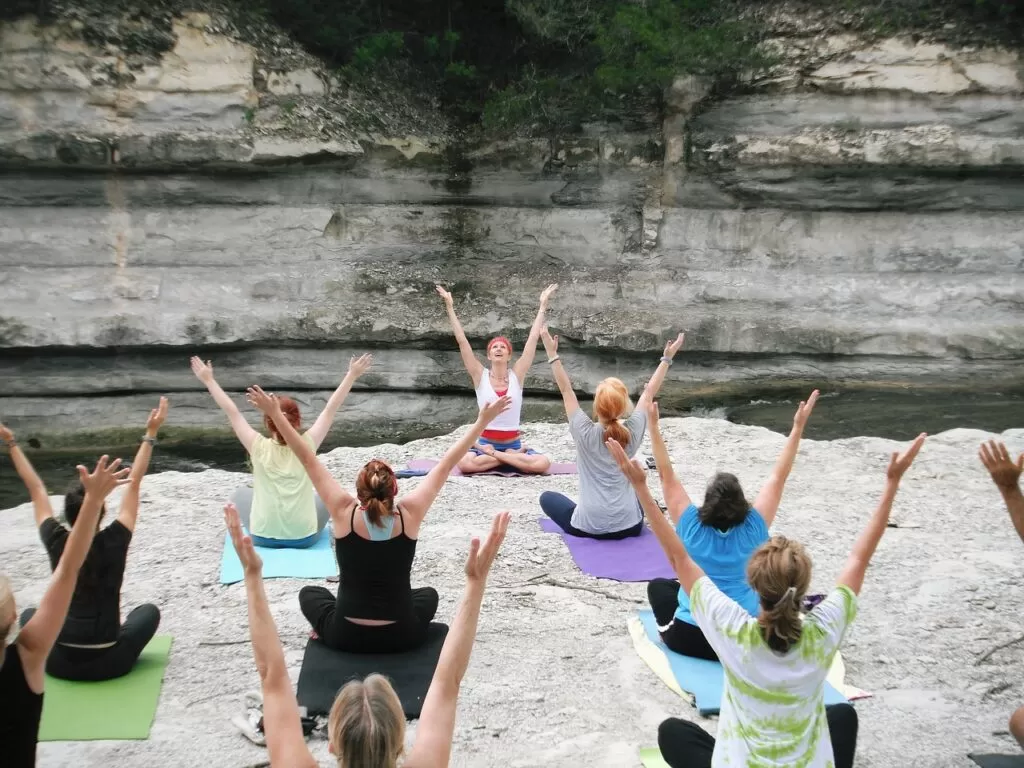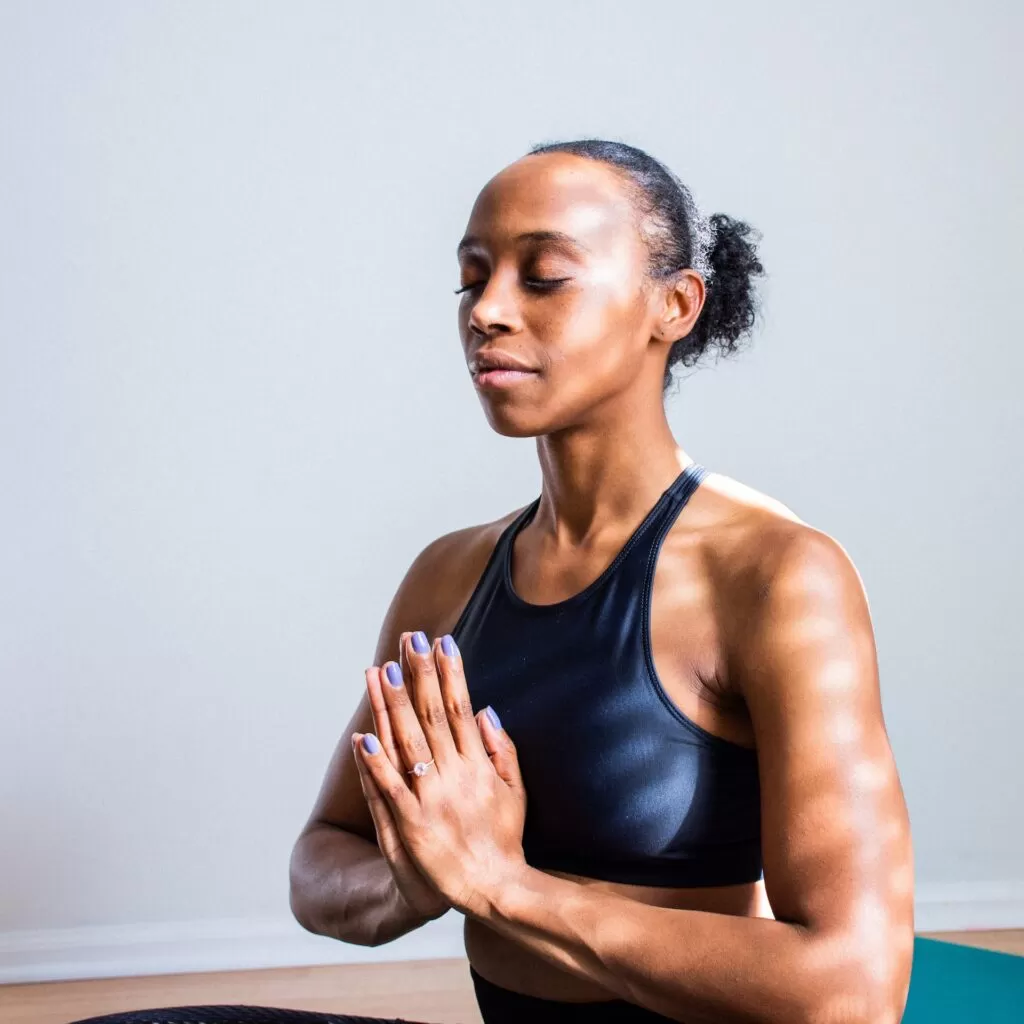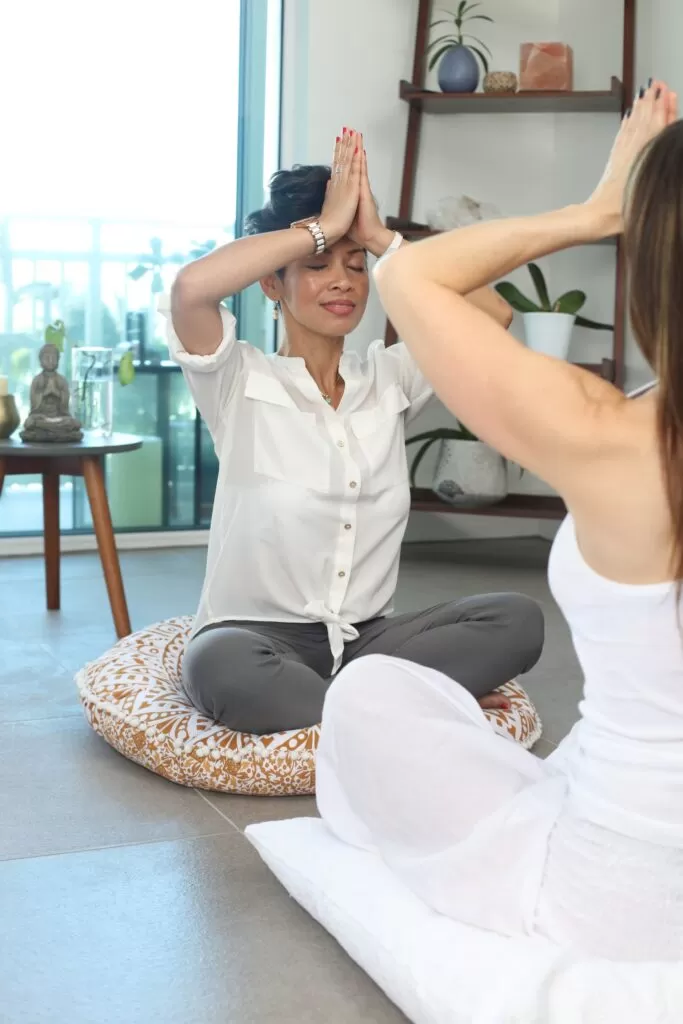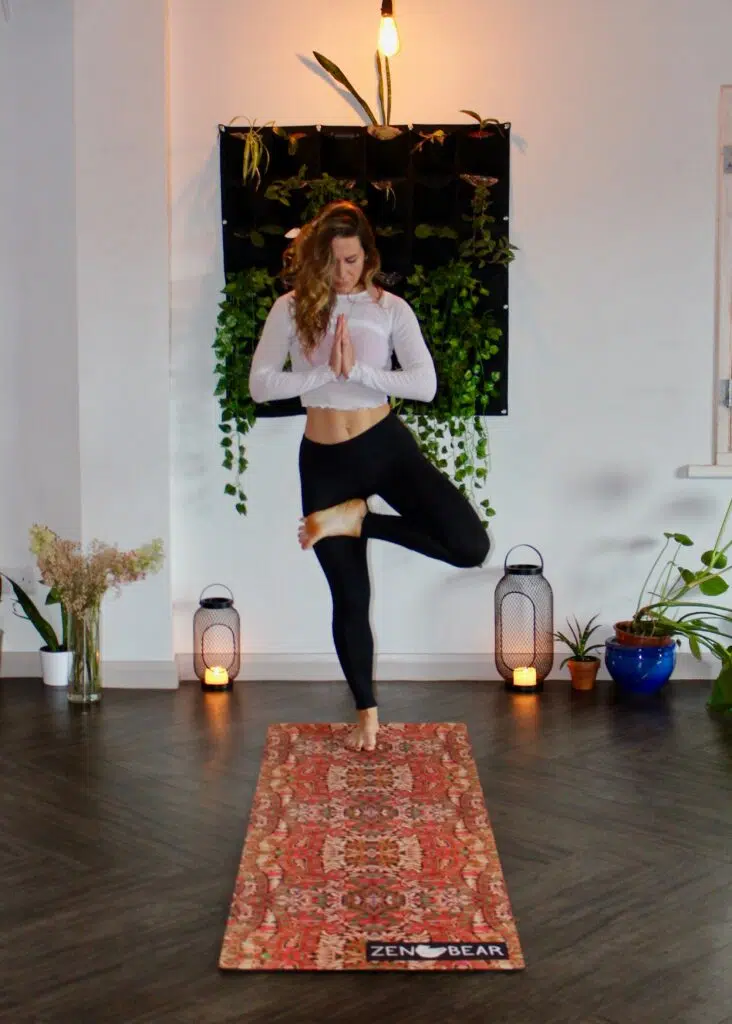Table of Contents
ToggleIntroduction
Mindfulness is a skill that helps you pay attention and stay focused on what’s happening right now. It’s like being fully present in the moment without getting distracted by thoughts about the past or worries about the future.
It’s about being aware of your thoughts, feelings, and sensations in a non-judgmental way. So instead of your mind wandering off, you’re training it to stay in the present moment, which can bring a sense of calm and clarity to your everyday life.
Mindfulness Is A Mental State
Mindfulness is a mental state in the current moment, without judgment or distraction. Practicing mindfulness includes meditation, breathing exercises, and body scans. Meditation and breathing exercises focus on each inhalation and exhalation. All this without trying to control or change it.
Mindfulness Means Awareness
This cultivates a sense of acceptance and non-judgment, allowing the present-moment experience. Mindfulness is a skill that can help us be more aware of our thoughts, feelings, and emotions.
Mindfulness Is Acceptance
Emotional Regulation
Cognitive Ability
Mindfulness Breathing
Body Scan
Mindfulness Eating
Mindfulness Walking
Mindfulness Listening
How to Practice Mindfulness
- Mindful breathing: This is a simple yet effective way to practice mindfulness. Find a quiet place to sit or lie and focus on your breath. Pay attention to the sensation of the air moving in and out of your nose or mouth. If your mind wanders, bring it back to your breath.
- Body scan: This is a guided meditation where you focus on each part of your body. Starting from your toes and moving up to the top of your head. Pay attention to any sensations, such as tension or relaxation, without judgment.
- Mindful walking: Take a walk outside and pay attention to your surroundings. Notice the colors, sounds, and smells around you. Focus on the sensation of your feet touching the ground.
- Mindful eating: Take a few minutes to eat a meal or snack without distractions. Pay attention to the taste, texture, and smell of the food. Notice any sensations in your body as you eat.
Conclusion
Frequently Asked Questions
Q1: What are mindfulness skills?
A1. Mindfulness skills are techniques and practices that cultivate present-moment awareness, attention, and non-judgmental acceptance. These skills allow individuals to observe their thoughts, emotions, and bodily sensations without getting caught up in them, leading to increased self-awareness and a more centered state of being.
Q2: How can mindfulness skills benefit my daily life?
A2. Mindfulness skills offer numerous benefits for daily life. They can help reduce stress, improve focus and concentration, enhance emotional regulation, promote well-being, and foster better relationships. By incorporating mindfulness into your routine, you can experience a greater sense of calm, clarity, and resilience in dealing with life’s challenges.
Q3: What are some common mindfulness skills or practices?
A3. There are various mindfulness skills and practices that one can engage in. Some common examples include mindful breathing, body scan meditation, mindful eating, loving-kindness meditation, and walking meditation. These practices involve paying attention to the present moment, tuning into sensory experiences, and cultivating a non-judgmental attitude toward oneself and others.
Q4: Can mindfulness skills be learned and developed?
A4. Absolutely! Mindfulness skills are not innate but can be learned and developed through regular practice. Like any other skill, they require time, patience, and consistency. Starting with short mindfulness sessions and gradually increasing the duration can help build your mindfulness muscles. Over time, you’ll notice an improvement in your ability to stay present and engage in mindful awareness.
Q5: How can I integrate mindfulness skills into my daily routine?
A5. Integrating mindfulness skills into your daily routine doesn’t have to be complicated. You can start by allocating a few minutes each day for mindfulness practice. Choose a time when you can be relatively undisturbed, whether in the morning, during a lunch break, or before bed. Experiment with different mindfulness techniques and find what works best for you. Consider using smartphone apps, attending mindfulness classes, or joining a supportive community to help you stay motivated and accountable.
Remember, the key is to be consistent and approach mindfulness openly and non-judgmentally. With time and practice, you’ll gradually incorporate mindfulness skills into various aspects of your life, positively changing your overall well-being.
About The Author
Zackery Dixon
administrator
Zackery N. Dixon, a seasoned web designer, entrepreneur, blogger, and proud U.S. Marine, has carved a remarkable path in the digital landscape. At 69, Zackery’s extensive experience and dedication have culminated in a fulfilling retirement, underscoring his notable achievements in the industry.
With a career spanning several decades, Zackery’s expertise in web design is reflected in the successful management of four diverse and dynamic websites. Each platform—First Digital Electronics, Law of Attraction Lab, Diet Exercise Pros, and Yoga Meditation Hub—demonstrates his commitment to delivering valuable content and innovative design.
Disclaimer: The information provided on this blog is for informational purposes only and should not be considered as professional advice.
Always seek the advice of a qualified professional with any questions you may have regarding a particular matter.







Pingback: How To Boost Your Positive Thinking